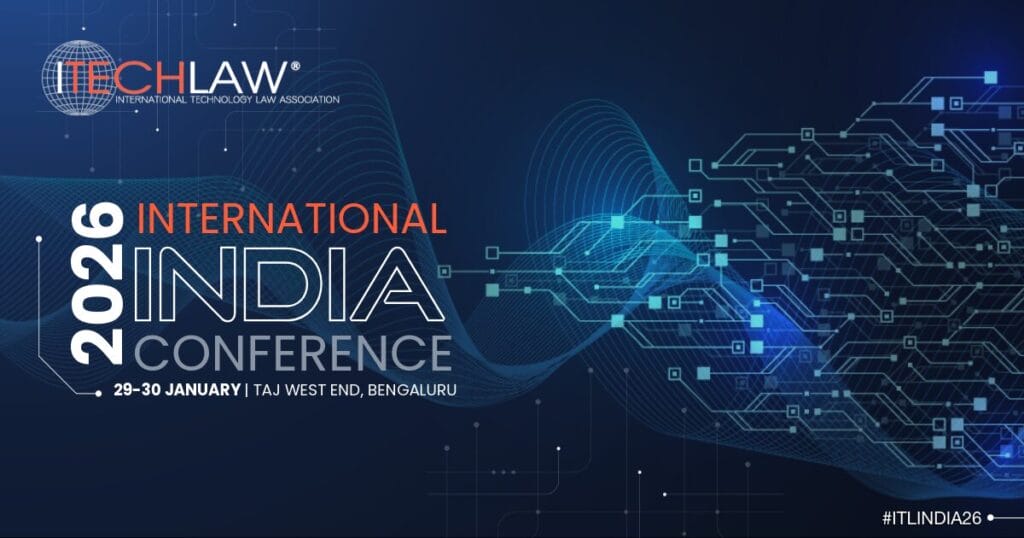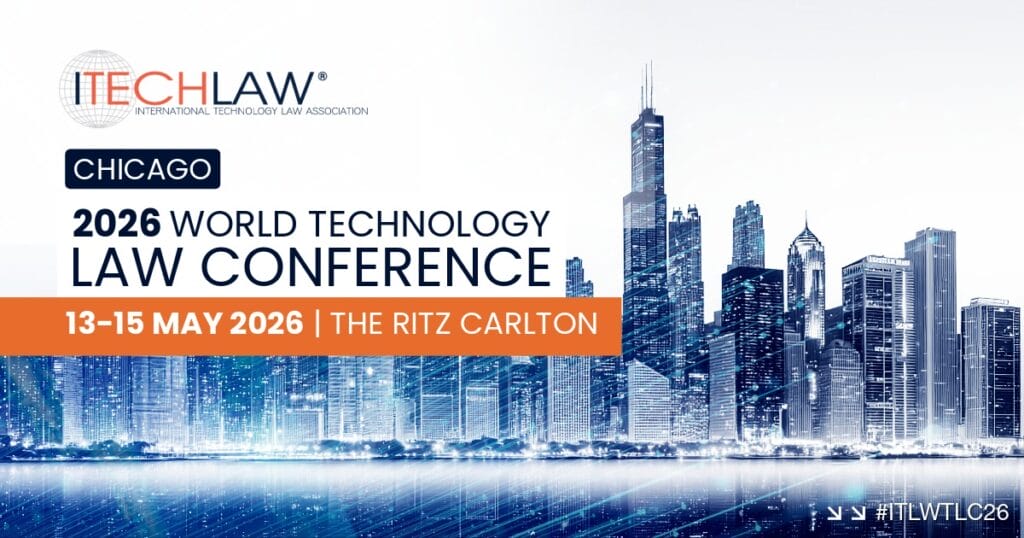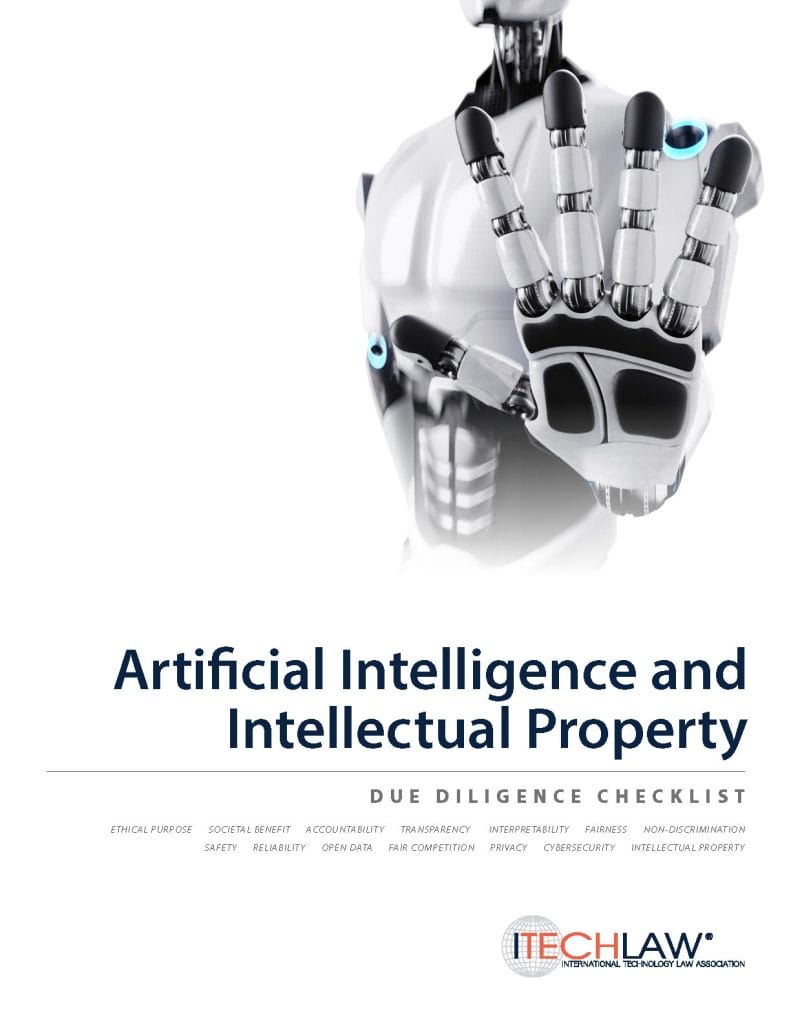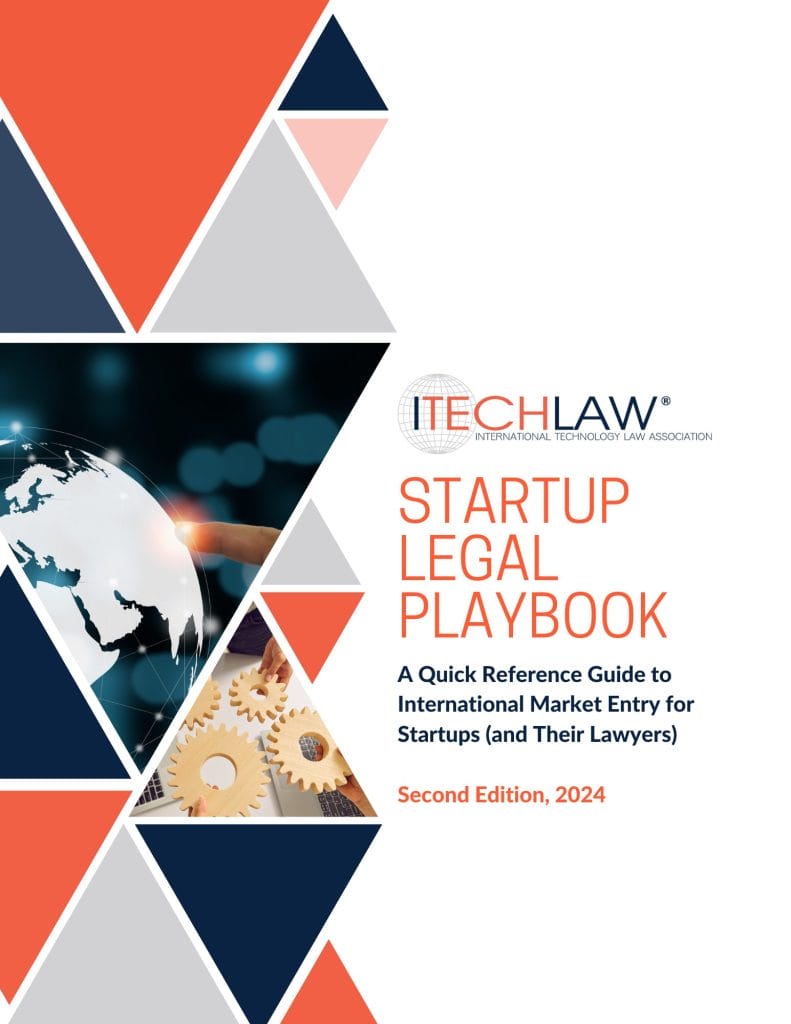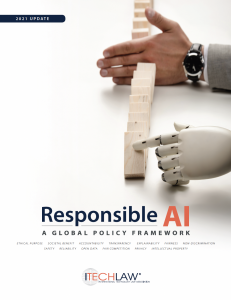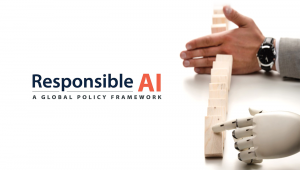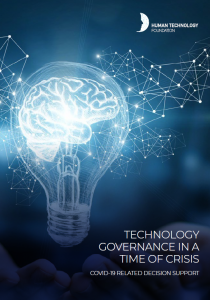Responsible AI:
ITechLaw's Foresight and Dedication
With the arrival of Generative AI, the transformative impact of AI across virtually every industry has come into focus. ITechLaw has recognized the immense potential of artificial intelligence and its transformative impact on multiple industries for the past several years. ITechLaw has been providing deep-thought leadership on the implications of ethical issues related to the deployment of AI for many years before it was a trend. Recently, the Godfathers of AI, Geoffrey Hinton, and Yoshua Bengio have raised alarm about catastrophic misused AI technology that they have built themselves.
We want to ensure that it is subject to responsible governance. As we move beyond policy of AI Law, it’s essential that lawyers have deep knowledge of AI Implications that will guide you in AI Response programs. With ITechLaw’s profound understanding of the legal implications surrounding emerging technologies, including AI, we have taken a leading role in shaping frameworks and guidelines that directs the world toward the responsible and ethical use of AI.

ITechLaw has made it our mission to champion responsible AI practices, providing guidance and expertise to help other technology lawyers and decision-makers navigate the complex landscape of AI regulations and compliance.
Our future-thinking approach empowers us as users and holds us true to the eight principles that shape the future of AI: ethical purpose and societal benefit, accountability, transparency and explainability, fairness and non-discrimination, safety and reliability, open data and fair competition, privacy, and intellectual property. We encourage you to download all of our documents related to our commitment to the responsible use of artificial intelligence.
With the help of dozens of technology lawyers across the world, ITechLaw has created five documents to help establish the framework for the responsible use of artificial intelligence. The documents include the Global Policy Framework, initially published in 2019 but then later revised in 2021, Technology Governance in a Time of Crisis, the Responsible AI Impact Assessment (RAIIA), and the EU Artificial Intelligence Act (AIA): Green Paper Policy Analysis.
SUGGESTED ACTIONS
- Grounding the responsible AI framework in the human-centric principle of “accountability” that makes organizations developing, deploying, or using AI systems accountable for harm caused by AI;
- Promoting a context-sensitive framework for transparency and explainability;
- Elaborating the notion of elegant failure, as well as revisiting the “tragic choices” dilemma;
- Supporting open-data practices that help encourage AI innovation while ensuring reasonable and fair privacy, consent, and competitiveness; and
- Encouraging responsible AI by design.
Join the conversation: #ResponsibleAI_ITechLaw
In the context of these publications, significant efforts have been made to provide a range of views and opinions regarding the various topics discussed herein. The views and opinions in this book do not reflect the opinions of ITechLaw as an association, nor do they necessarily reflect the views and opinions of each of the individual authors. Moreover, each of the contributors to these publications has participated in its drafting on a personal basis. Accordingly, the views expressed in this book do not reflect the views of any of the law firms or other entities with which they may be affiliated.

